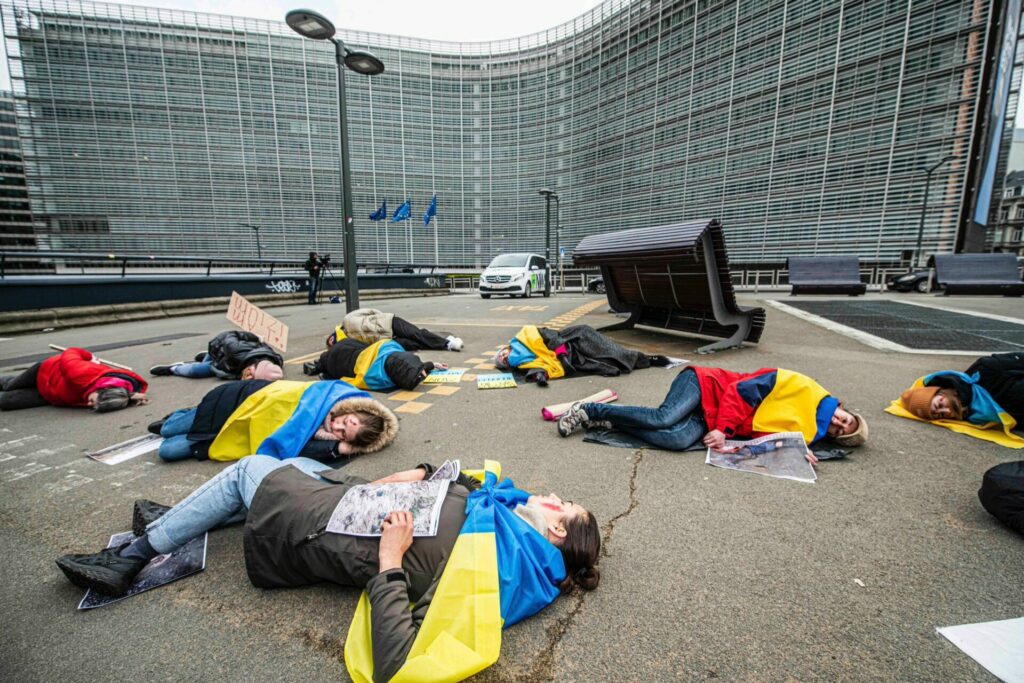The EU is aiming to phase out Russian oil by the end of the year, the European Commission President Ursula von der Leyen has announced. President von der Leyen is set to propose a ban as part of the sixth and latest sanctions package.
The full package of sanctions will also likely include penalties for additional individuals and hit more Russian banks, such as Sberbank, Politico reported.
The Commission will propose an exemption for Hungary and Slovakia, diplomats said, as the two countries are heavily reliant on Russian oil and are facing difficulties in finding alternative supplies. The exemption is also an attempt to avoid those countries vetoing the proposal.
Hungary’s Prime Minister, Viktor Orbán, has warned that he would reject energy sanctions for Russia, stating its concerns were economic rather than political.
Complex sanctions
The EU’s previous five sets of sanctions were easy to agree upon for the Member States, mainly targeting Russia’s economy and wealthy elites with ties to President Vladimir Putin.
The upcoming sanctions are more complex however, as they will inevitably hit European economies, too. Countries are concerned about rising gas prices and Italy and Greece have proposed price caps instead, while some Central and Eastern European countries said they need time to adapt their supply chains.
While Germany has so far been hesitant in targeting Russian gas, the country now said that it is prepared to end Russian oil imports before the end of the year.
Worldwide worries
US Treasury Secretary Janet Yellen has also expressed concern over an outright ban, saying it could be counterproductive because of the effect on worldwide inflation, and potentially the US mid-term elections in November.
Related News
- Over €1.9 per litre: Petrol more expensive again from tomorrow
- Hungary to veto EU proposal to boycott Russian energy
- Apartment residents to receive oil allowance
Predicting potential social unrest, which could undermine public support for sanctions, and economic consequences, Yellen warned of higher oil prices, which would have the counterproductive effect of raising Moscow’s income from its remaining oil sales.
Extraterritorial sanctions
The EU and UK together paid Russia €88 billion for imports in 2021, as calculated by the Bruegel think tank. Out of the 15 million barrels the EU had imported that year, Russia was responsible for 3.5 million barrels.
However, that also means Russia relies on Europe for almost half of its oil exports, and traders say diversification will not be easy.
Washington and Brussels have indeed discussed whether extraterritorial sanctions will be necessary to stop China and India from buying up the Russian oil, but they plan to hold off on that for now.

